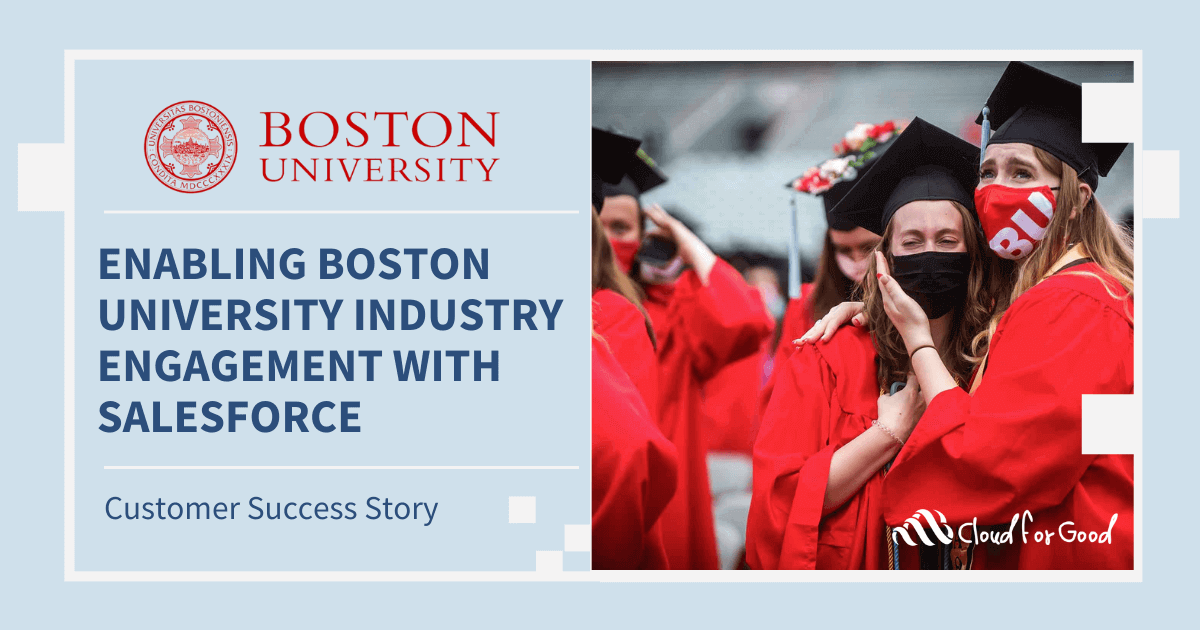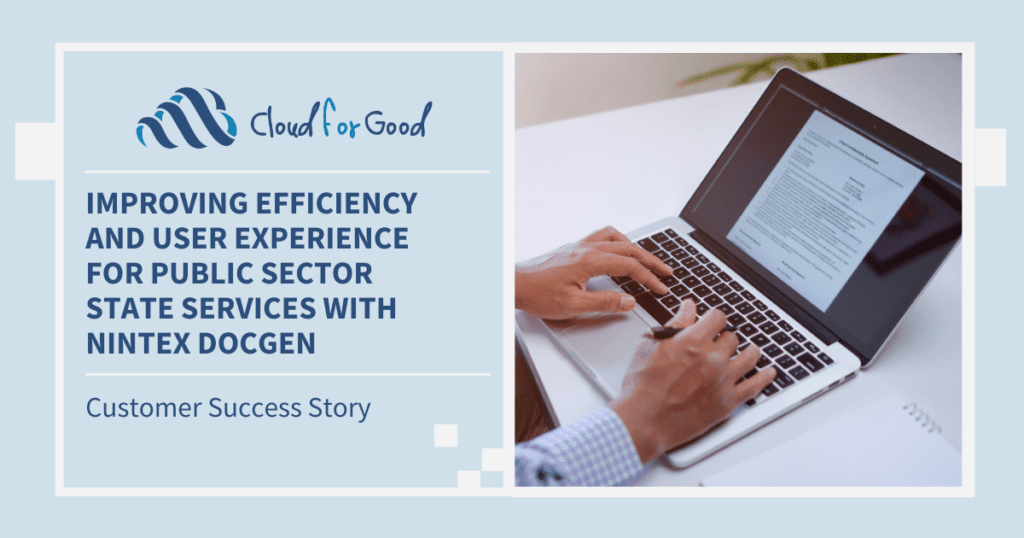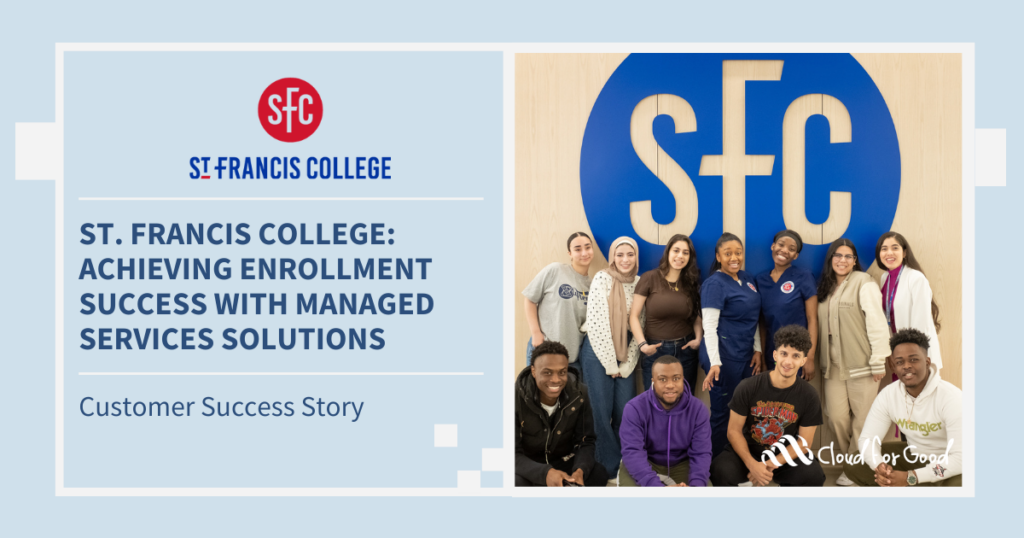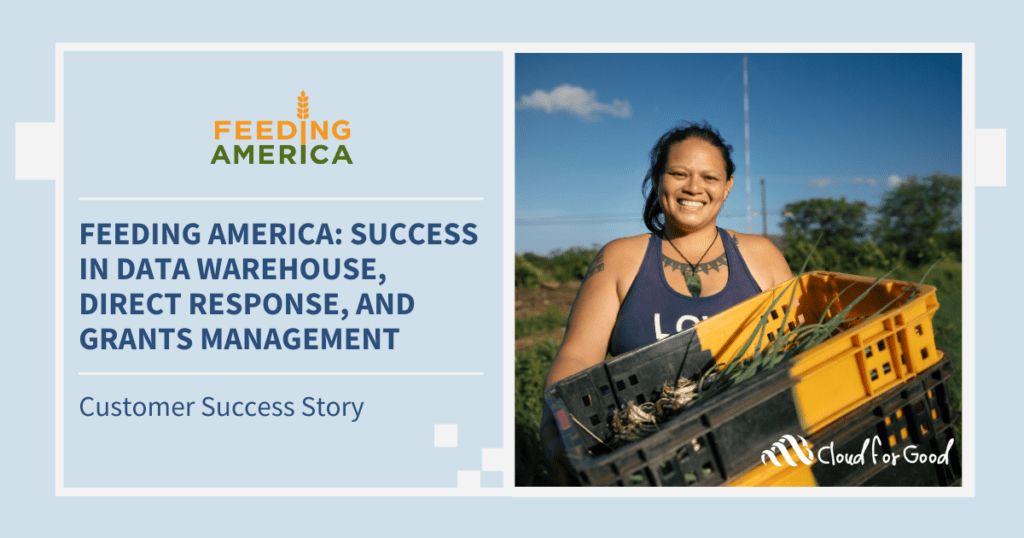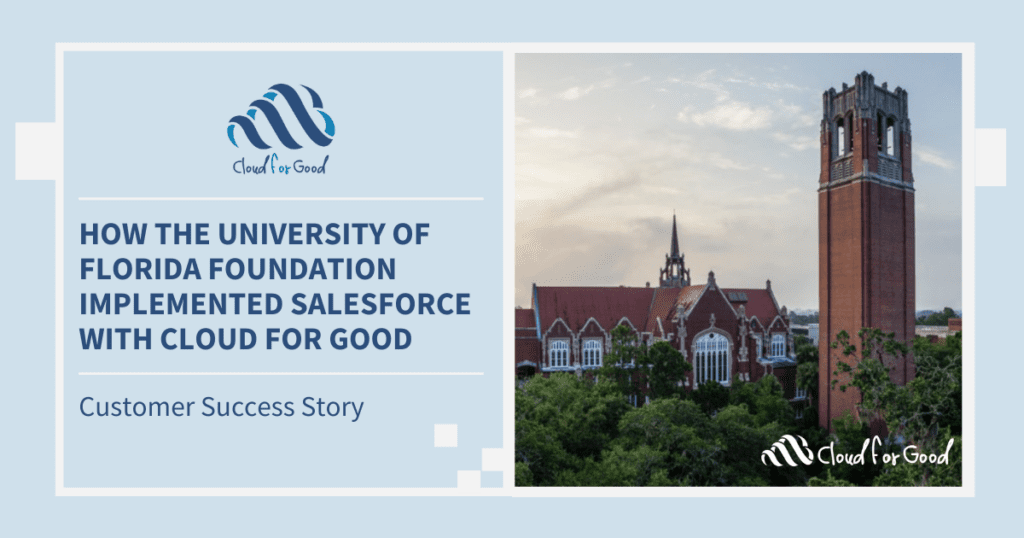Created in the fall of 2018, Boston University Industry Engagement grew out of a need to form a more strategic, university-wide effort of fostering collaboration with industry. Industry Engagement is tasked with helping researchers identify, initiate, and conduct a wide range of research projects with industry partners. Through support and expertise, Industry Engagement helps Boston University partner with the most appropriate industry sponsors for research collaboration. Led by Associate Vice President Marc Scatamacchia, and housed under the Office of Research, Industry Engagement is helping Boston University achieve a fuller picture of university-wide efforts seeking to solve real and pressing problems.
Nearly a year after the department’s founding, Industry Engagement sought a complementary technology solution that would operate as the single source of truth for key data points relating to industry partners, researchers, campus contacts, and tech transfer opportunity tracking. Partnering with Cloud for Good, Industry Engagement began its technology transformation by configuring the Salesforce platform to consolidate its data and make its processes less labor-intensive and time-consuming. Hsiu-Hsien Chiang serves as Industry Engagement’s Department Administrator, as well as Salesforce Administrator, and had this to say about the department’s reasoning for implementing Salesforce: “We needed a CRM solution that reflected our aim to be a central node for industry-facing activities at the university. We knew that whatever we were to use was not going to replace the other systems being used at BU, but we needed a way to bring together the different components of information into a single database.”

Cultivating Collaboration
Much of the impetus for Industry Engagement’s Salesforce implementation stemmed from the need to move information out from fragmented individual accesses and into a unified system where all department members were granted equal access. This would ensure that the department’s knowledge base could be protected and built upon. The goal was to be able to go into a single system and see all active projects and their progress, see what certain professors were working on, what inventions were being created, etc. Such a system had to be flexible enough to go well beyond simple sales processes and, instead, show the intricate relationships between industry sponsors and university researchers.
“Our department needed something that we could trust was giving us as close to the full picture as possible. Industry Engagement seeks to emphasize that we are here to support the broader Boston University community and constantly think of new ways to make connections, deepen relationships, and ensure our research is going out into the world and benefitting society while preparing our students to become engaged and thoughtful citizens,” said Chiang.
Core elements of Industry Engagement’s Salesforce solution included constituent management, opportunity and project tracking, and integration for form/survey and mail merge tools. This connected suite of functionality granted Industry Engagement the freedom and mobility to change course at a moment’s notice, allowing the department to focus on the most pertinent fields of research as need dictates. “One of our priorities was to ensure that we weren’t changing our processes to meet the system and that we weren’t overly beholden to system processes. We needed to be able to capture the nuance and complexity of individual projects,” stated Chiang.
Consolidating Research Efforts
On any given day, Boston University faculty and researchers are engaged in research helping to solve thousands of unique problems. Industry Engagement currently focuses on the fields of data sciences, life sciences, and engineering. Before implementing Salesforce, critical data related to these research fields were disjointed, and fragmented across disparate files, documents, and spreadsheets. Following an organized, efficient, and comprehensive solution implementation, Industry Engagement is now able to complement its existing processes with the use of campaigns within Salesforce to gain a 360-degree view of research projects.
As projects grow, the department can employ Salesforce to trace which opportunities and campaigns are related to each other, as well as where they originate. What this does is give the department a richer understanding of the relationships they have with companies and industry partners over time. “I think the biggest impact we’ve seen is the ability to cross-reference company and researcher activity, and especially to gain insight into past activities to inform new collaborations. Also, to be able to report on specific research areas, and cross-disciplines between companies and researchers,” detailed Chiang.

Combatting COVID-19
One of the greatest, and most unforeseen, advantages Salesforce has provided the Industry Engagement department relates directly to the COVID-19 pandemic. Boston University is home to the National Emerging Infectious Diseases Laboratories (NEIDL), one of two university-affiliated laboratories certified to house infectious pathogens. Scientists in this laboratory have been working with living samples of the coronavirus taken from the very first US COVID patient since March 2020. This has understandably generated considerable industry interest from potential collaborators seeking to work with and better comprehend the virus in the race for a cure.
The Industry Engagement department has been able to consolidate and mediate with these potential collaborators, and then capture those opportunities directly in Salesforce. This grants both the department and the overall university a clear and accurate picture of all COVID-19-related activity data. “It’s been amazing to see the different ways our researchers have partnered with industry to come up with innovative ways of addressing this unprecedented situation we’re all in. It feels good knowing we’re playing a small part in advancing this area of research,” expressed Chiang.
The pandemic has pushed Industry Engagement to utilize Salesforce in creative new ways, such as building custom objects, dubbed “Interest Areas,” that allow researchers to identify and tag their particular areas of expertise, then assign opportunities that fall in line with their knowledge and skills. The cloud-based nature of Salesforce has also empowered Industry Engagement department members to work from home more confidently and collaborate safely. Integrations with third-party applications round out Industry Engagement’s Salesforce solution, with the department using Form Assembly to monitor filled contact us forms into Salesforce and employ a Microsoft Outlook integration to log emails and efficiently create communication records.
Continuing the Journey of Education
Moving forward, Chiang and the Industry Engagement department are committed to maximizing the impact of their Salesforce solution. Chiang has even started a Salesforce working group that convenes once a month to work through any roadblocks the department faces and to discuss future enhancements to the technology. Findings from that group are then taken to Cloud for Good’s Managed Services team and talked through to determine how those ideas can translate into reality for the department.
Chiang summarized her continued experience working with Cloud for Good and the Salesforce platform by saying, “Cloud for Good challenged us to think beyond the mechanism of Salesforce and instead focus on what we wanted to use Salesforce for to reach our goals. We’ve really tried to take that lesson to heart. We’ve made continual strides toward working with other departments on campus, and I’m hoping Salesforce will help represent the collaborative spirit we’ve tried to bring to the university from the very beginning.”
To learn more about Boston University and the Industry Engagement department, visit their website or follow them on Twitter for news and updates.

